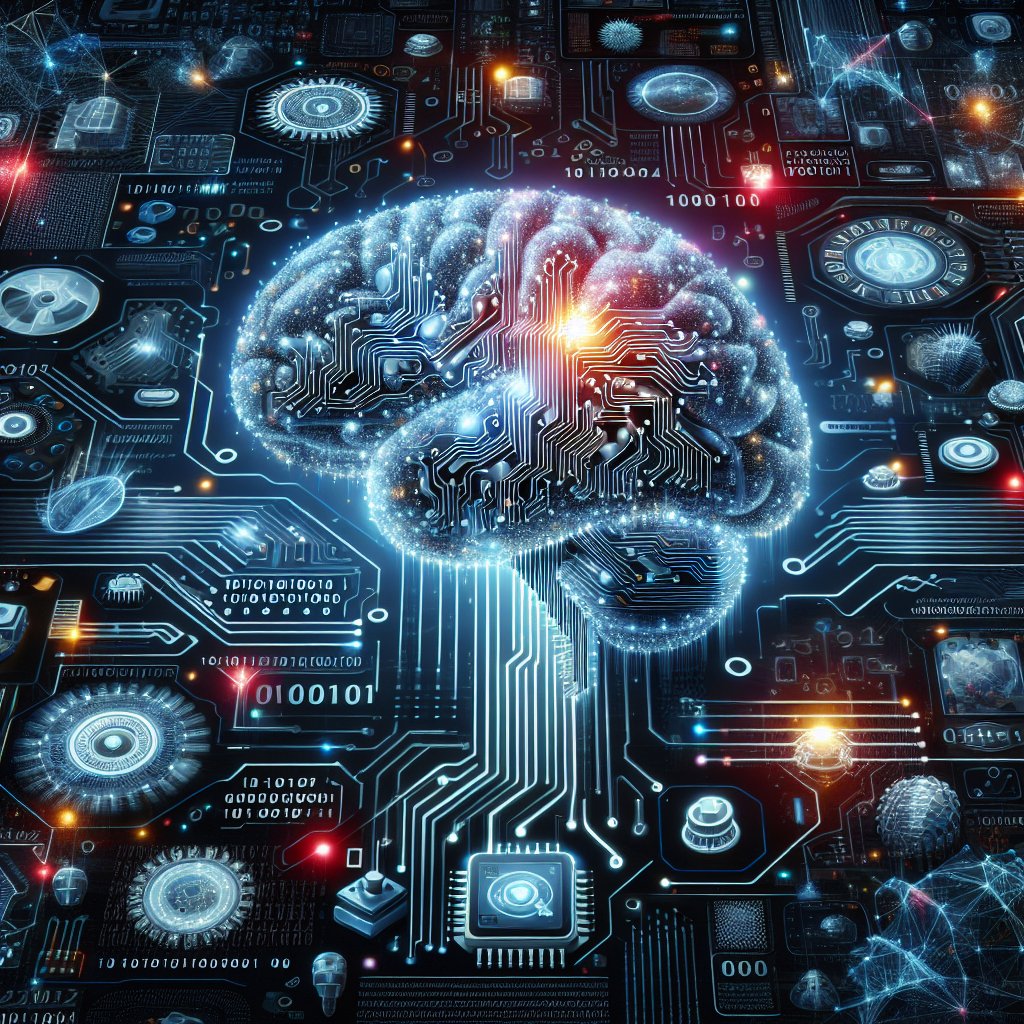Artificial General Intelligence (AGI) is a term that is becoming increasingly popular in the world of technology and artificial intelligence. AGI refers to a system that possesses the ability to understand, learn, and apply knowledge in a way that is indistinguishable from human intelligence. While we have made great strides in the field of artificial intelligence (AI) in recent years, most current AI systems are limited in their capabilities and are unable to truly think and reason like a human. AGI has the potential to revolutionize the way we think about technology and could have far-reaching implications for society as a whole.
AGI has the potential to transform many industries and sectors, including healthcare, finance, transportation, and entertainment. By harnessing the power of AGI, companies and organizations can automate tasks that were previously thought to be too complex for machines to handle. This could lead to increased efficiency, cost savings, and improved outcomes in many areas. For example, in healthcare, AGI could be used to analyze medical data and make diagnoses, leading to more accurate and timely treatments for patients. In finance, AGI could be used to predict market trends and make investment decisions, leading to higher returns for investors.
One of the most exciting aspects of AGI is its potential to accelerate scientific research and discovery. AGI could be used to analyze vast amounts of data and identify patterns and relationships that would be difficult or impossible for humans to uncover. This could lead to breakthroughs in areas such as medicine, genetics, and climate science. For example, AGI could be used to analyze genetic data and identify new treatments for diseases, or to analyze climate data and predict future trends in global warming. The possibilities are endless.
Despite its potential benefits, AGI also raises many ethical and societal questions. One of the biggest concerns surrounding AGI is the potential for job displacement. As AGI becomes more advanced, it has the potential to automate many tasks that are currently performed by humans, leading to job losses in many industries. This could exacerbate existing inequalities in society and lead to increased unemployment and social unrest. It will be important for policymakers and industry leaders to consider these issues and develop strategies to mitigate the negative impacts of AGI on the workforce.
Another concern surrounding AGI is the potential for misuse and abuse. As AGI becomes more advanced, there is the potential for malicious actors to use it for nefarious purposes, such as hacking into systems, spreading disinformation, or developing autonomous weapons. It will be important for policymakers and technologists to develop safeguards and regulations to ensure that AGI is used responsibly and ethically.
Despite these challenges, AGI has the potential to revolutionize the way we think about technology and could have a profound impact on society. By harnessing the power of AGI, we can unlock new possibilities and opportunities that were previously unimaginable. It will be important for policymakers, industry leaders, and technologists to work together to ensure that AGI is developed and deployed in a way that benefits society as a whole.
FAQs:
Q: What is the difference between AGI and AI?
A: While AI refers to systems that are designed to perform specific tasks, AGI refers to systems that possess the ability to understand, learn, and apply knowledge in a way that is indistinguishable from human intelligence.
Q: How close are we to achieving AGI?
A: While significant progress has been made in the field of AI in recent years, we are still a long way from achieving true AGI. Researchers and technologists are working tirelessly to develop systems that possess the capabilities of AGI, but there are many technical and ethical challenges that need to be overcome.
Q: What are some potential applications of AGI?
A: AGI has the potential to revolutionize many industries and sectors, including healthcare, finance, transportation, and entertainment. AGI could be used to automate tasks that were previously thought to be too complex for machines to handle, leading to increased efficiency and improved outcomes in many areas.
Q: What are some potential risks of AGI?
A: One of the biggest concerns surrounding AGI is the potential for job displacement. As AGI becomes more advanced, it has the potential to automate many tasks that are currently performed by humans, leading to job losses in many industries. There is also the potential for misuse and abuse of AGI by malicious actors, which could have serious consequences for society.
In conclusion, AGI has the potential to revolutionize the way we think about technology and could have far-reaching implications for society. By harnessing the power of AGI, we can unlock new possibilities and opportunities that were previously unimaginable. However, there are also many ethical and societal challenges that need to be addressed in order to ensure that AGI is developed and deployed in a way that benefits society as a whole. It will be important for policymakers, industry leaders, and technologists to work together to navigate these challenges and ensure that AGI is used responsibly and ethically.

